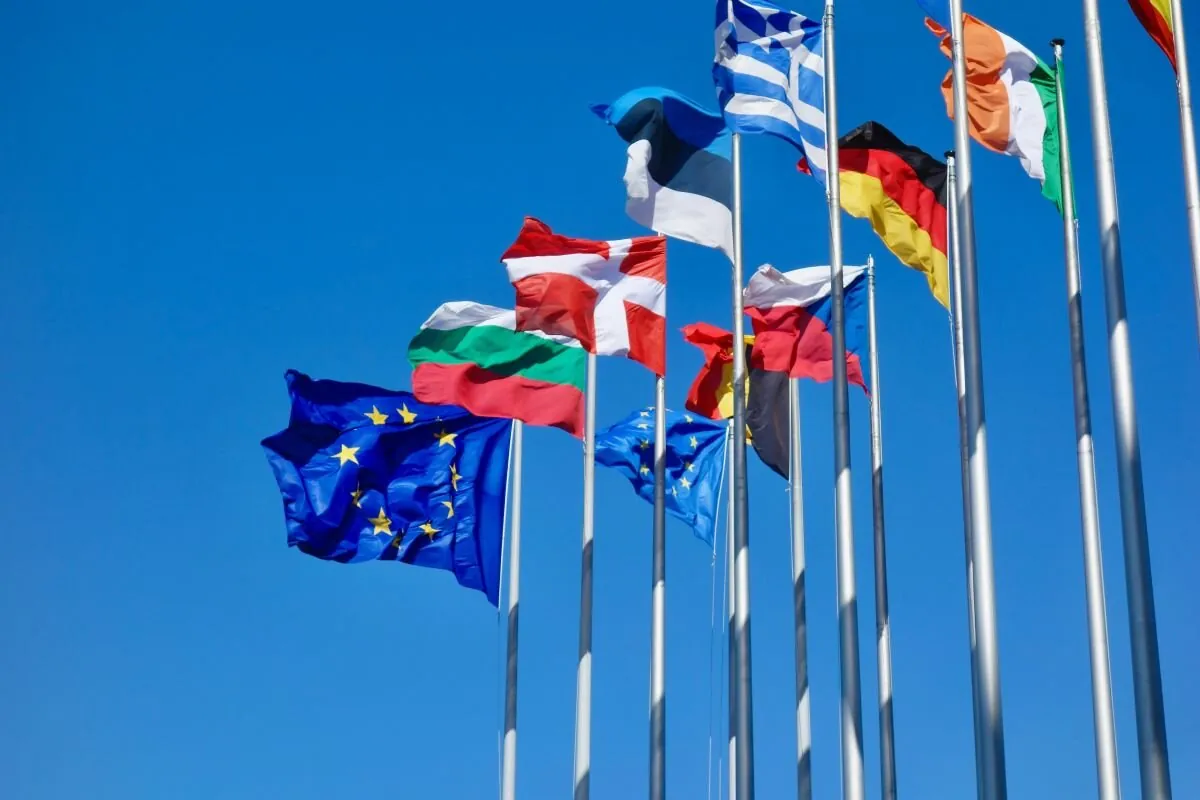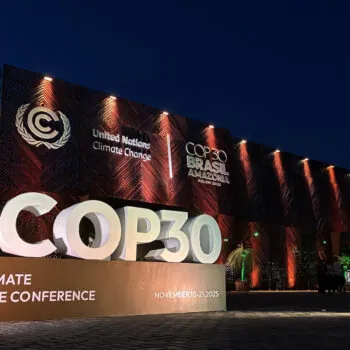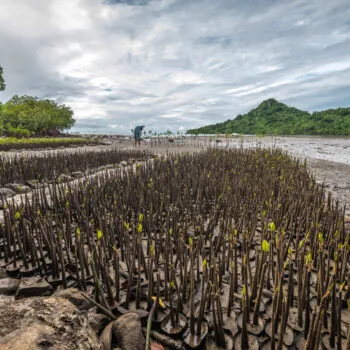Europe urgently needs to shape a credible, politically viable response on adaptation finance at COP30, where climate finance – particularly for adaptation – poses a major risk to global cooperation. Adaptation needs in developing countries are projected to rise to $310–365 billion annually by 2035, far exceeding current finance levels and exacerbating frustration among vulnerable countries. Although adaptation investments generate substantial economic and stability benefits, persistent market failures and limited revenue-generating opportunities mean substantial public and international finance will remain necessary.
Europe retains a leadership role in climate finance, contributing €31.4 billion in 2024, but faces mounting constraints: declining contributions from donors, budget pressures, geopolitical tensions, and uncertainty over future commitments, including the Glasgow “doubling” pledge expiring after 2025. COP30 therefore presents both risks and a strategic opportunity for Europe to restore trust and articulate a forward-looking vision for global climate cooperation.
A “best realistic” COP30 outcome would combine political signalling with pragmatic delivery steps.
Key elements include:
- Improved predictability of public finance, ideally through a new adaptation finance goal or at least an extension of the Glasgow doubling target.
- A compromise on how adaptation “needs” are accounted for within the Global Goal on Adaptation.
- Commitments to scale overall adaptation finance through the international financial system and private sector.
- Qualitative improvements such as better access to funds, prioritisation of vulnerable countries, and stronger accountability mechanisms.
- Robust replenishment of UNFCCC funds, including the Adaptation Fund and Green Climate Fund.
Given limited political appetite for large new commitments, a future adaptation goal may need to combine a needs-based target for all financial flows with a public finance “floor”, even if COP30 only secures an interim commitment to maintain or modestly increase current levels. Achieving progress will require coordinated European leadership. A joint statement from EU members and other donors could reinforce priorities such as scaling adaptation finance, pooling private-sector mobilisation efforts, enhancing access to funds, and aligning on negotiation outcomes.
Beyond negotiations, COP30 is a broader strategic moment for Europe to reposition itself as a global climate partner. Key opportunities include long-term technical assistance, mobilising private adaptation finance, leveraging influence in multilateral development banks, and increasing concessional finance through innovative mechanisms. Europe’s credibility will depend not just on financial quantities but also on transparency, predictability, coordination, and genuine partnership with developing countries.
This briefing is a joint publication by E3G, ECDPM and CONCITO. Please direct any correspondence regarding this briefing to Rob Moore or Franklin Steves.


